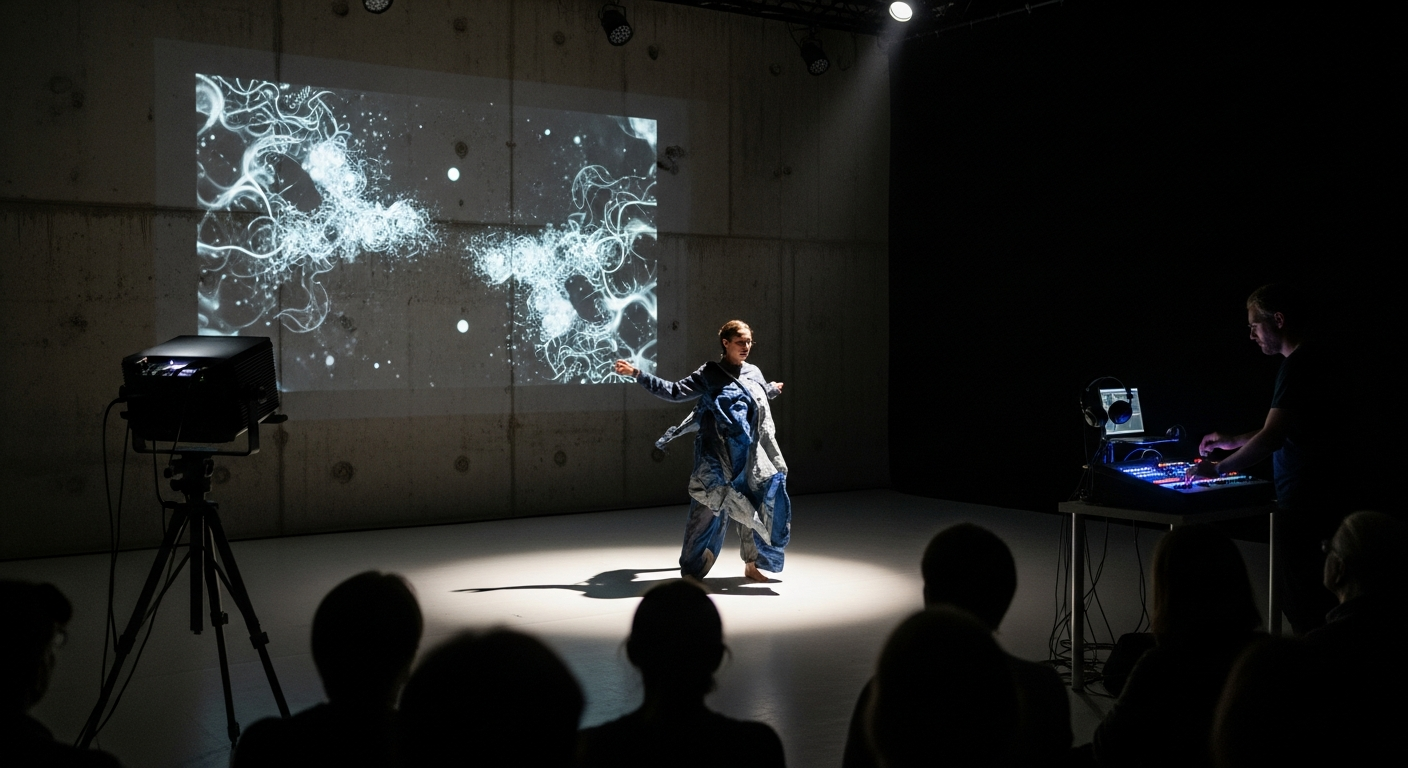The Emergence of Slow Living: A Response to Hyper-Connected Lifestyles
In the fast-paced world of the 21st century, a new trend is taking hold: slow living. A counterpoint to the hyper-connected lifestyles of the digital age, slow living advocates for a more mindful, unhurried approach to life. Read below to explore this fascinating cultural shift and its implications for modern society.

The Genesis of Slow Living
The concept of slow living emerged in the late 20th century, amidst rising concerns about the frenetic pace of modern life. As technological advancements accelerated, so too did societal expectations for speed and productivity. The Slow Food Movement, which began in Italy in the 1980s as a reaction against fast food and fast life, may be considered the first organized expression of the slow living philosophy. Its success paved the way for the broader slow movement, which now encompasses myriad aspects of life, from travel and parenting to fashion and technology.
Slow Living Today: A Cultural Shift
Today, slow living is more than a niche movement—it’s a cultural shift that reflects changing societal values. As research reveals the detrimental effects of stress and overwork, more and more people are embracing slow living as a means to restore balance and meaning to their lives. The trend is evident in the growing popularity of practices such as mindfulness meditation, yoga, and digital detoxes. It’s also driving consumer preferences, with a growing demand for handmade, sustainably-produced goods that embody the slow living ethos.
Slow Living and Society: Implications and Significance
The rise of slow living has significant implications for society. At a personal level, it promotes mental and physical well-being by encouraging individuals to disconnect from the pressures of the digital world and reconnect with the natural rhythms of life. At a collective level, it challenges the relentless consumerism and disposability of contemporary culture, advocating for more sustainable and ethical consumption practices.
The Sociological Perspective: Research Insights
Research in sociology and psychology supports the benefits of slow living. Studies have shown that mindfulness practices, a key aspect of the slow living philosophy, can reduce stress, improve mental health, and enhance quality of life. Moreover, sociologists argue that slow living can foster stronger communities by promoting shared values of sustainability and cooperation over competition and individualism.
The Future of Slow Living: A Balance of Depth and Accessibility
As we move forward, the challenge will be to ensure that slow living remains accessible to all, not just a privileged few. This will require addressing economic and social barriers that may prevent some individuals from embracing this lifestyle. Despite these challenges, the future of slow living looks promising. As society continues to grapple with the pressures of the digital age, the need for balance, mindfulness, and sustainability will only become more urgent, making slow living an increasingly relevant and vital response.
In summary, slow living serves as a powerful antidote to the fast-paced, hyper-connected lifestyles of the modern era. As it continues to grow and evolve, this movement has the potential to shape our individual lives and collective culture in profound ways, promoting a more mindful, sustainable, and ultimately fulfilling way of life.






